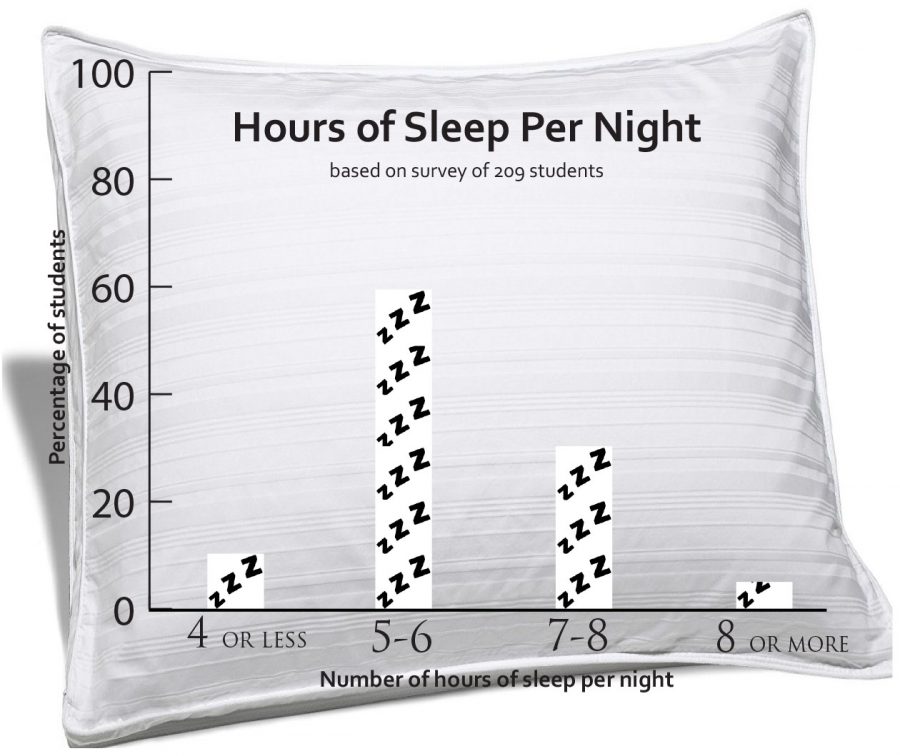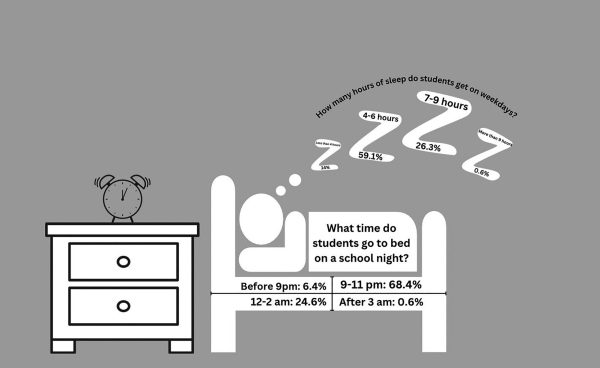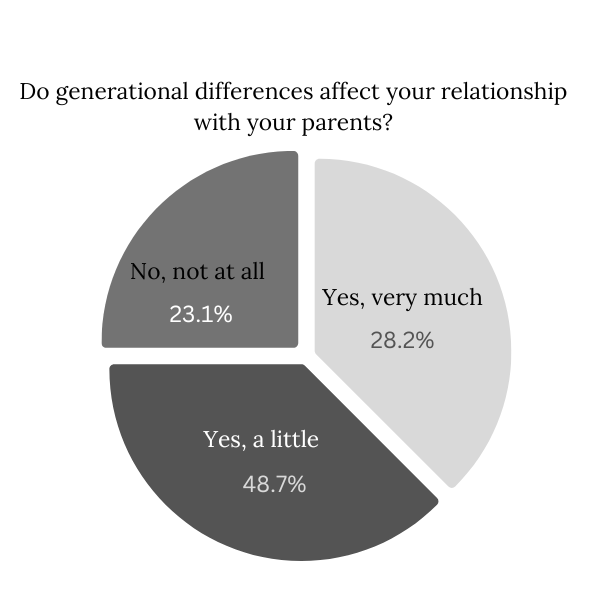Time management relieves stress, brings balance
February 1, 2018
Daniel stares at the clock as it shines a red light with the numbers reading 10 p.m. He still has a presentation to prepare for and homework that seems never-ending. Sleep seems like a lost cause.
In fact, many students complain that they never have enough time in their day. They often have to juggle school, extracurricular activities, jobs, relationships, sleep, and more.
“With being a varsity athlete, maintaining good grades, a job, and having over ten hours of rehearsal on top of that, I never have time,” Ana Macha, junior, said.
School takes up about seven hours a day just for learning, and there are also potential extracurriculars as well as homework. For most, the day does not begin until school is over.
“I go from school to home for an hour, then I go to work usually till 8 p.m. I get home and stay up late doing homework and pass out,” Jake Brockhaus, senior, said.
The students that stay after school for extra curriculars stay anywhere from 2:30 p.m. to about 9 p.m. The students who do not have an extra-curricular, but have jobs, can have it even worse when working. They can have jobs that start at 2:30 p.m. and then they can work all the way to close, which for some students may be as late 12 a.m..
“I’m always busy with homework, sports, and helping around the house. It gets even worse when I have to stay after school for clubs and meetings.” Rida Ahmed, senior, said.
Students usually have homework which, in total, can amount to approximately three and a half hours on average. This is not including if a student has more time-intensive homework, meaning they have a paper to write, book to read, or need to study for a test.
“Somedays homework (school), work, and sports take too much time and I’m left drained at the end of the day,” Christopher Conrad, junior, said.
Between all of the activities listed, students have to try and fit in eating dinner, social interactions, and sleeping. Teens need eight to ten hours a night for sleep. According to a recent Fielder survey, about 29% of students get the required amount of sleep a night.
Seven hours spent in school, three and a half hours of homework, possible extracurricular activities and jobs that can last six to seven hours a night can add up, plus students still have to eat, take a shower, and relax. This leaves around six hours of sleep, which is two hours away from the minimum sleep required for teenagers.
Time management is a skill that can greatly help students get through high school. For most students, time management is a very hard skill for them to obtain. These students are the ones who struggle the most with exhaustion and the sense of never having enough time.
“I look at the clock, then it’s 10 p.m. and I have not even started my homework.” Jude Mendoza, junior, said. Mendoza also stated that the reason that he does not start homework until 10 is because he procrastinates.
According to the Austraslian Profession Skills, there are many ways for students to have better time management. They just have to want to change, because if they do not really care then there will be no effort to change. For students who want to change, they can try making a to-do list, prioritizing the important things and relaxing after those activities are done, not before, and making a schedule for doing certain activities at certain times.
Time management is a skill that for most, especially teenagers, is hard to acquire. Just because they are not born with that skill does not mean they cannot obtain it; they just have to put forth more effort to be able to achieve time management.












